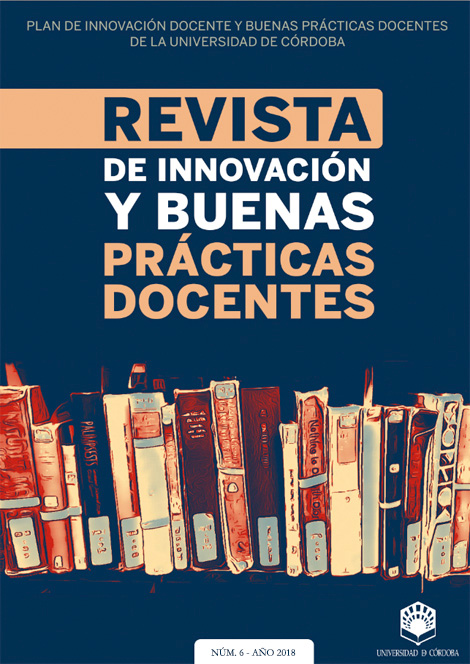THE EVALUATION TROUGH HOBBY QUIZZES AS A STRATEGY OF ACTIVE LEARNING
Main Article Content
Abstract
1. Promoting the specific domain of an area of concrete knowledge.
2. A way to stimulate student learning, which allows them to remember and visualize the most relevant information in each subject.
3. Impact on the cognitive development of the student.
4. Encouraging students to learn rather than to memorise.
5. Boosting student confidence by getting correct answers.
6. Conceived by students as a play or recreational activity.
7. Effective learning tool for the terminology, definitions, spelling and relation of key concepts.
8. Allowing teachers to measure competencies and skills achieved by students.
Therefore, the aim of this innovation project is the creation of a crossword book and Kahoot-like quiz game with different levels of learning structured across the different course topics which will impact in the student learning process from 3 different scopes:
- Motivate active learning in an entertaining way.
- Improve written language (spelling and vocabulary)
- Improve the results of knowledge assessment by allowing the student to becoming familiar with key concepts of each subject and by increasing their concentration.
Downloads
Article Details
Las obras que se publican en esta revista están sujetas a los siguientes términos:
1. UCOPress. Editorial Universidad de Córdoba conserva los derechos patrimoniales (copyright) de las obras publicadas, y favorece y permite la reutilización de las mismas bajo la licencia de uso indicada en el punto 2.
© UCOPress. Editorial Universidad de Córdoba
2. Las obras se publican en la edición electrónica de la revista bajo una licencia Creative Commons Reconocimiento-NoComercial-SinObraDerivada 4.0 España (texto legal). Se pueden copiar, usar, difundir, transmitir y exponer públicamente, siempre que: i) se cite la autoría y la fuente original de su publicación (revista, editorial y URL de la obra); ii) no se usen para fines comerciales; iii) se mencione la existencia y especificaciones de esta licencia de uso.
3. Condiciones de auto-archivo. Se autoriza a los autores a difundir el autoarchivo de los artículos en su versión post-print (versión editorial) , incluyendo un enlace a la página de la revista e indicando el modo de citación completo del trabajo.
Se declara además haber respetado los principios éticos de investigación y estar libre de cualquier conflicto de intereses.

